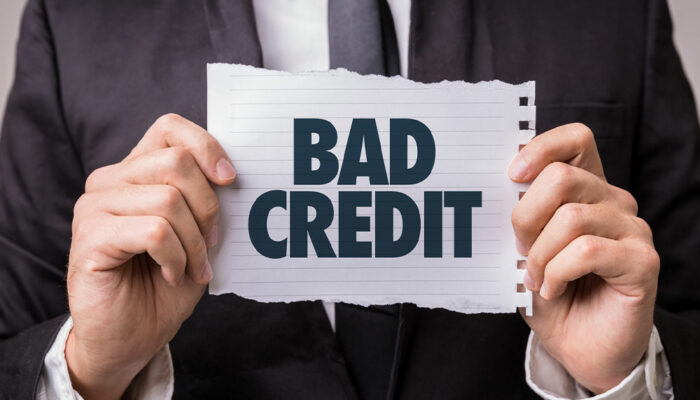
finance
5 mistakes to avoid when buying life insurance
Life insurance enables individuals to cover their family members against financial risks that may arise in the future. So, one must not overlook its purchase. If one can afford it, they could consider picking a policy with a higher coverage. Moreover, there are several errors that one could make when buying a life insurance policy, which could result in limited benefits for their family. Here are five such mistakes to avoid. Focusing only on the premium amount Several buyers pay attention only on the premium amount they are supposed to pay instead of looking into more about the coverage and its terms. Doing so could result in buying a policy that is insufficient for meeting the requirements of the policyholder’s family. So, one must consider factors such as future goals, children’s education fees, and inflation instead of only focusing on the premium. Relying on the employer’s insurance coverage Employers generally offer a basic level of life insurance coverage. So, one must not completely rely on it for protection and should consider getting supplemental life insurance. Moreover, one may be able to secure a reduced premium rate when they opt for the life insurance provider associated with their employer for standard coverage.
Read More 








